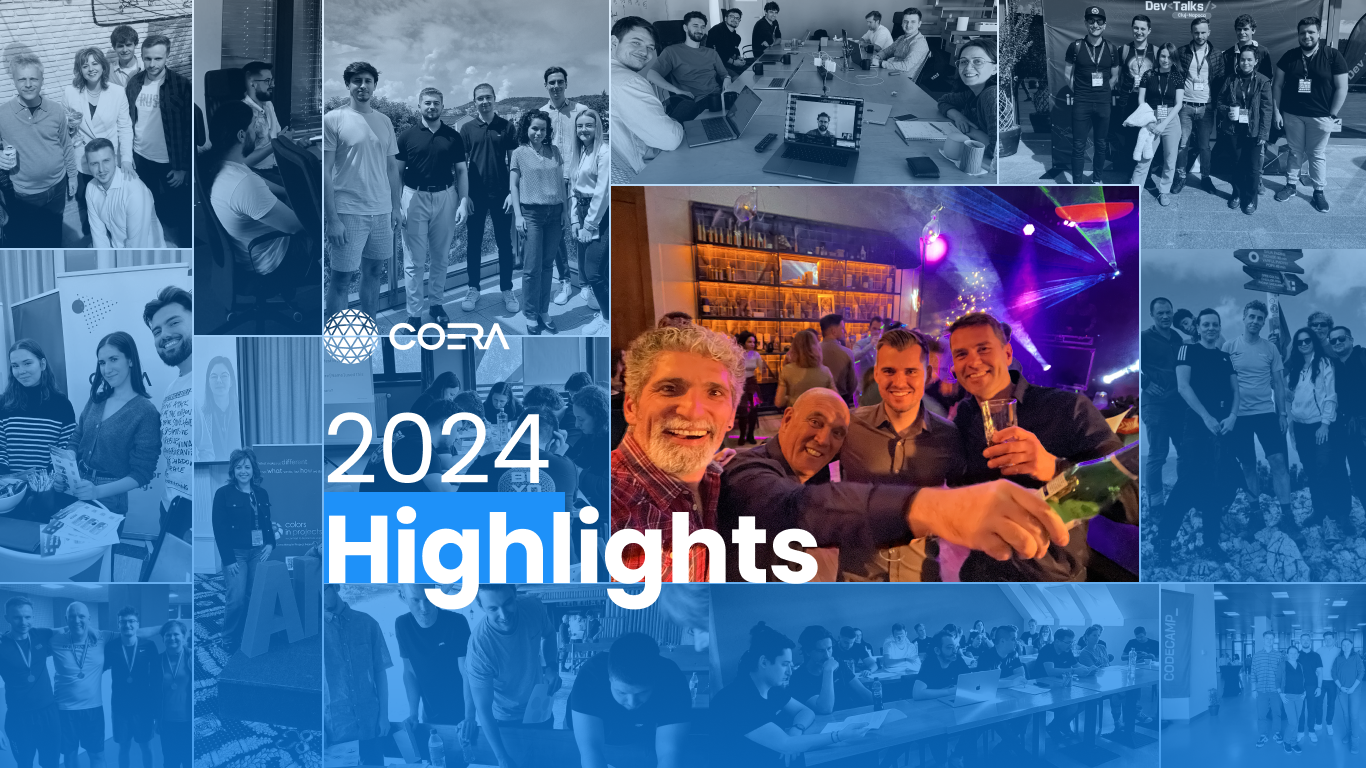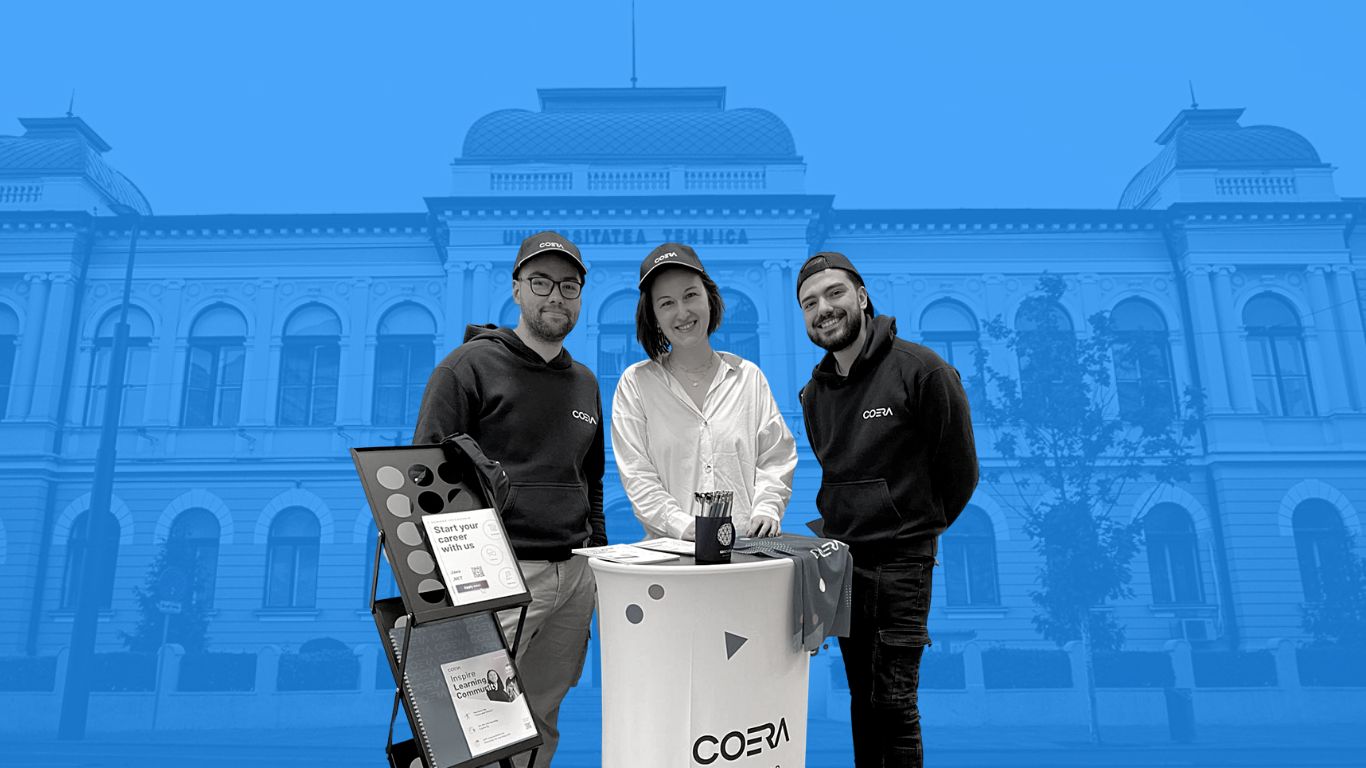At the beginning of autumn, 3 of our QA Engineers participated at the TestBash tester conference in Manchester, UK. They shared some of their experiences with us.
Let’s get into it.
Tell me a bit about the TestBash conference. What did you like?
Anca: I would sum-up the whole conference as well-organized; a grand building, with a maze of rooms for workshops, and a lot of volunteers to guide us.
Mirela: I liked the mobile application with the agenda, the rooms of the presentations and notifications. Since the schedule was packed (with 30-min talks) it would have been quite hard to get where we wanted without it.
Did the conference live up to your expectations?
Anca: For me, I would say it definitely did … While making a parallel with another testing conference we took part in a few years ago, here the presentations were shorter which made the content more straight to the point, with a great diversity of topics and a lot of interesting workshops.
Mirela: It was nice that after the talks we had activities and workshops, which helped us dive deeper into the subjects and practice a bit. We participated in the Performance Testing workshop, and we discovered two open-source tools like K6 and Lighthouse. K6 is a load testing tool used for performance and reliability testing, while Lighthouse is a built-in tool for Chrome, used to run a variety of tests against a web page, and then generates a report on how well the page did. The results of the tests from both tools can be utilized as starting points for improvements.
Which were the most interesting presentations you’ve participated in?
Mirela: Let me check my app… 😊 For me it was a good introduction to API Automation. The speaker talked about API requests and responses; hints on how to define types of tests that you want to run and added many websites and links for practice. It was a good introduction especially for participants who have no experience in API testing and who may want to try.
Anca: Yes, it contained a lot of research material and various resources for us to check later. Also, Dan Ashby talked about assessing quality throughout the software development lifecycle, from an idea to finished products. I would say the talk helped me organize my thoughts and see them in a more streamlined manner.
Which were the learnings you came home with?
Maybe something you can use in your daily work?
Viorel: I think it is the whole experience. The purpose of such a conference goes beyond finding something you can use in your daily work in a monkey manner: monkey sees, monkey does. You need to find which ideas fit you and your company and adapt them to your specific context. Moreover, the purpose was to bring people together with strong backgrounds and experience in order to share ideas and interact with each other. And on a deeper level, the purpose is to create a software testing community.
Anca: Overall it was good to see different people explaining different strategies… each based on their project and testing approaches. It was quite captivating to get a “behind the scenes” of how people in other companies do things.
In what way did these presentations contribute to the tech community’s development?
Mirela: They highlighted that the main thing is that we, testers and developers, have to prioritize the prevention of issues above testing for detection.
Viorel: TestBash’s target audience is mostly testers, but there were some topics that could be of interest for Scrum Masters, Business Analysts, Product Owners and even developers. There were for example workshops about how to improve the Agile way of working. Or others on how to create intelligible requirements and how to decipher unintelligible ones😄. But all the talks were spinning around a main idea: how to create a quality culture in your company. This idea can contribute to the entire tech community’s development by making all the roles aware that testing matters and quality is not just the responsibility of testers, but of the whole team.









